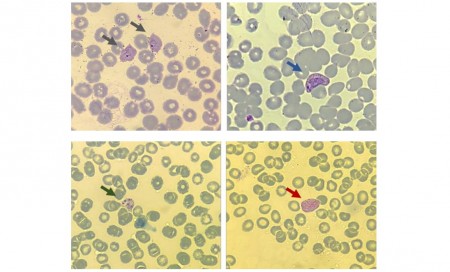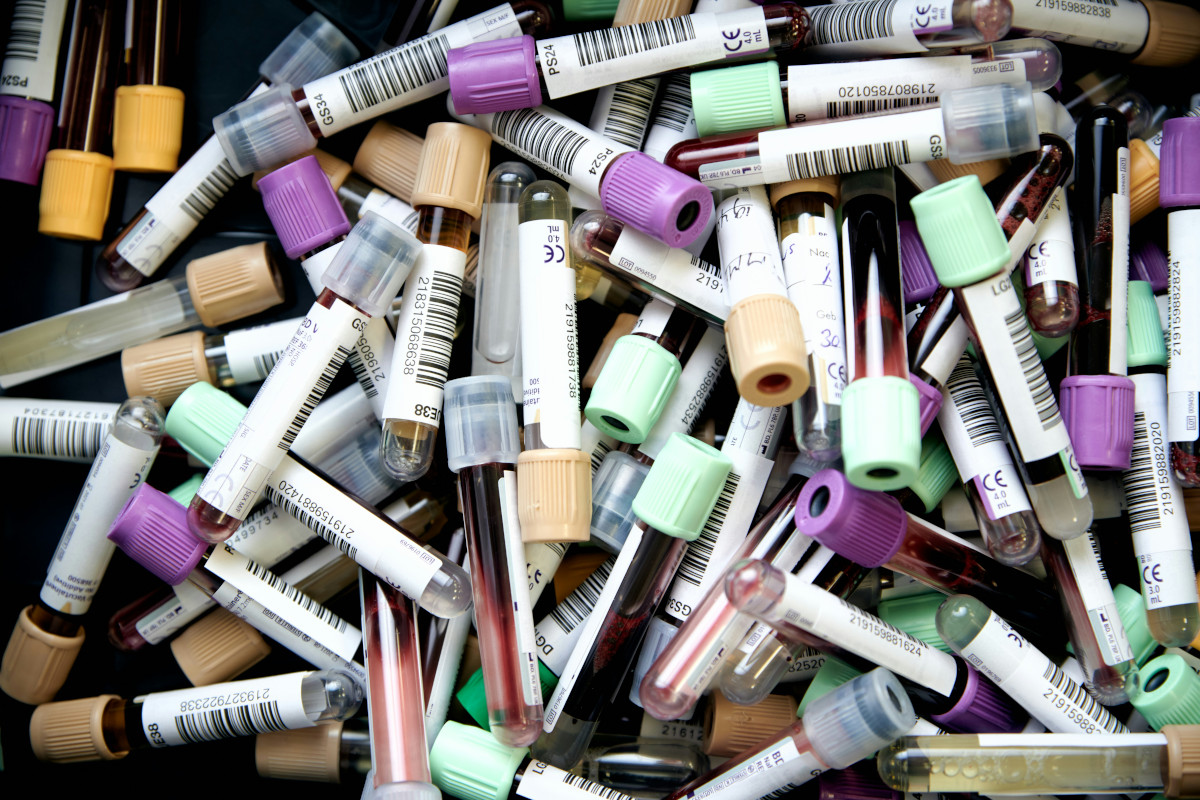Text: Julia Moioli | FAPESP Agency
The most common form of malaria in Brazil is caused by the parasite Plasmodium vivaxAlthough this type causes a milder condition compared to P. sickleIt has a property that makes control of the disease extremely difficult: the ability to produce dormant forms of the protozoa in the host's liver that can be reactivated months after treatment has ended. According to the scientific literature, this phenomenon, called recurrence or relapse, may be responsible for nearly 90% of cases in the country.
In an article published in the magazine Scientific reportsFor the first time, Brazilian researchers have described potential biomarkers associated with the recurrence of active malaria. Funded by FAPESP (Projects 17/18611-7 and 21/04632-8), the research provides information relevant to potential targets for the development of antimalarials and potential markers of relapse risk.
To identify these biomarkers, researchers from the Universities of the State of Campinas (Unicamp), the State of Amazonas (UEA) and the Federal University of Goiás (UFG) analyzed blood plasma from 51 Amazonian patients with recurrent vivax malaria and 59 patients with non-recurrent malaria (who were still in the first episode of the disease). The samples were analyzed using untargeted metabolomics, a technique that evaluates the entire set of metabolites present in a sample. The goal was to understand how the volunteers’ metabolism was affected during these two moments of infection.

Illustration of the Plasmodium vivax parasite. Arrows indicate the asexual blood stages of the ring (grey), trophozoite (blue), segmented (green), and the sexual stage known as the gametocyte (red) (Images: Laboratory of Tropical Diseases/Unicamp)
Patients were followed for 180 days, and most had a “new” attack between 40 and 60 days after their first attack. Analysis using mass spectrometry (equipment that identifies compounds based on molecular mass) revealed 52 and 37 significant metabolites in recurrent and non-recurrent participants, respectively.
“When a patient arrives with a first episode of malaria, there is an overexpression of metabolites, a situation that completely changes in recurrent episodes, which are characterized by a greater number of reduced metabolites,” he told FAPESP Agency Jessica R.S. Alvesresearcher at the Institute of Biology (IB) at Unicamp and one of the authors of the work.
“In addition, among patients with recurrence, we observed a major alteration in lipid pathways involved in the production of prostaglandins and leukotrienes – molecules involved in the host immune response. The group that was in the first episode was characterized by changes in tryptophan and vitamin B6 metabolism. [piridoxina]Which have already been described in the scientific literature as important host nutrients used by the parasite for development.
The researchers also conducted further data analysis, which revealed enrichment of other metabolic pathways for the recurrent malaria phenotype, including substances such as butanoate, aspartate, asparagine, and N-glycans.
“All of these markers could point to pathways associated with replication, and could be used in the future to characterize them,” says Gisele C. de Mello, a researcher at the University of East Anglia who also authored the study.
Viewpoints
“The main contribution of the work was to direct analyses in terms of metabolic pathways that we need to investigate more deeply to try to understand and fill the gaps involved in studying replication,” he says. Fabio Trindade Maranhao CostaProfessor at IB-Unicamp and co-author of the article.
However, the researchers highlight two limitations of the study: the number of participants (relatively small) and uncertainty about the origin of the recurrences (it could be a relapse or a new infection, for example).
“We currently have no way to diagnose and treat relapses appropriately,” Milo highlights.
According to the authors, next steps include conducting multicenter studies, with a larger number of patients and broader geographic coverage of the disease. P. vivaxFurthermore, the group intends to link lipidomic (lipid array), proteomic (protein array), transcriptomic (tRNA array), and genomic (genome sequencing) investigations with plasma metabolism. Analyses of the immune profile of patients with or without disease recurrence should also be performed.
In addition to FAPESP, the National Council for Scientific and Technological Development (CNPq), the World Academy of Sciences (TWAS), the Amazonas State Research Support Foundation (Fapeam) and the Seraphilheira Institute supported the research that has now been released.
The article Host metabolic responses in recurrent P. vivax malaria It can be read at: www.nature.com/articles/s41598-024-54231-5.

“Wannabe internet buff. Future teen idol. Hardcore zombie guru. Gamer. Avid creator. Entrepreneur. Bacon ninja.”


